The historic manor that inspired Thomas Hardy is a Dorset dream, with moat, gatehouse and a helipad
The highways and byways of scenic Wessex lead to a historic manor that inspired Thomas Hardy.
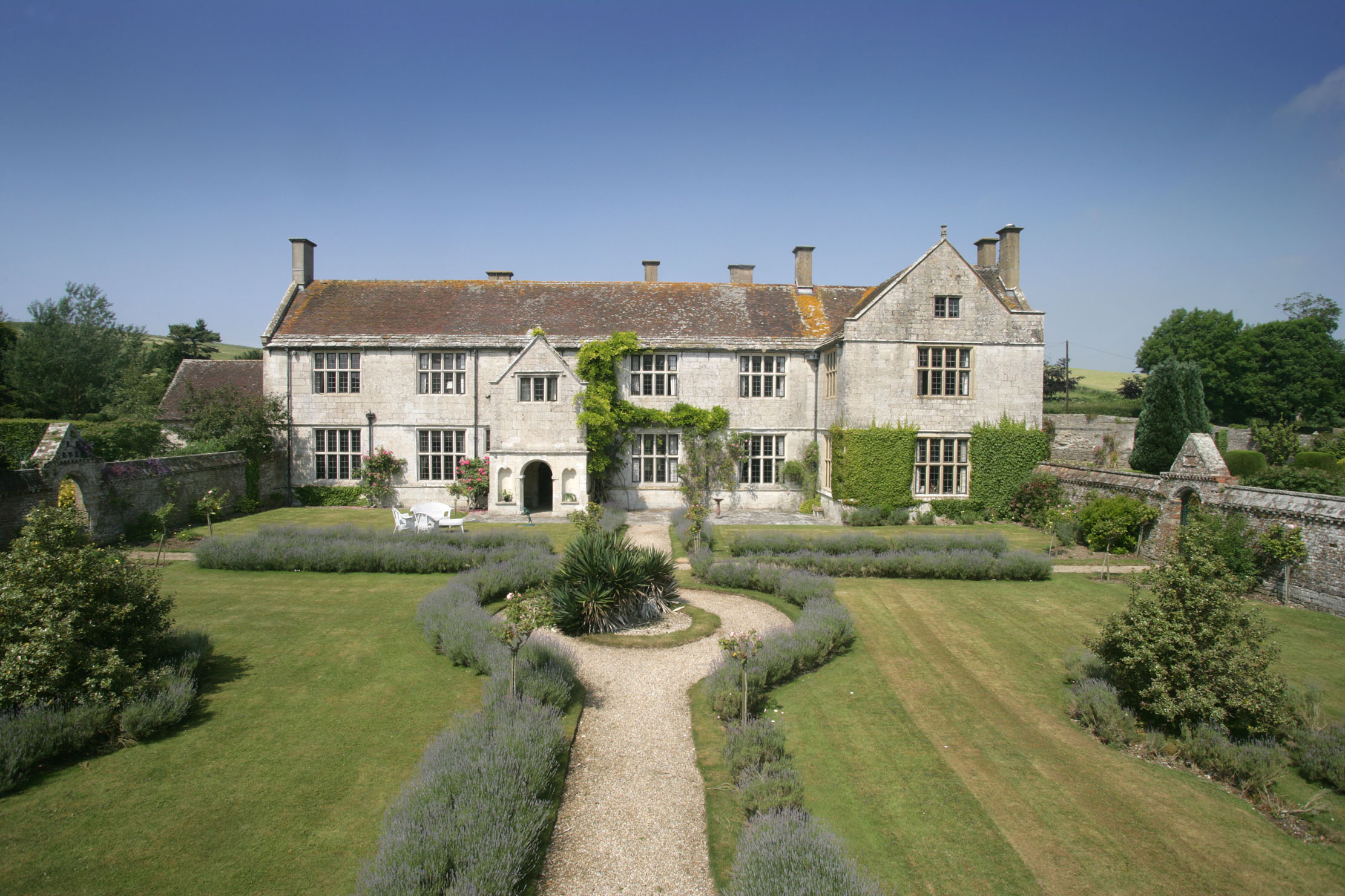

The eminent Victorian surgeon, Dorset-born Sir Frederick Treves, who, as Royal Surgeon to Edward VII, carried out an emergency appendix operation that undoubtedly saved his royal patient’s life, always maintained that a surgeon should retire at the age of 50. This he did, in 1903.
Having decided to write travel books, he was asked by publishers Macmillan to write the Dorset edition of their popular Highways and Byways series. In the course of his research, Treves cycled more than 2,000 miles around his native county and his book Highways and Byways in Dorset, first published in 1906, apparently still tops the honour roll of books written about that wonderfully scenic part of Wessex.
At one point in his wanderings, he arrives at the ‘trim and decorous hamlet of Poxwell’, of which he writes:
‘This place, the Pockswelle (Puck’s Well) of Domesday Book, possesses a delightful manor house, built in 1654 by the then owners, the Hennings. The house is an ash-grey building with stone-mullioned windows gleaming through ivy, a roof of chocolate-coloured tiles, tall chimneys, great gables, and a hospitable porch with a chamber over it. A bright moss has splashed the old masonry with patches of gold. The manor stands among trees, with for a background a green hill.’
The house in question is Grade I-listed Poxwell Manor, six miles equidistant from Dorchester and the coast at Weymouth, now for sale through Strutt & Parker at a guide price of £3.75 million.
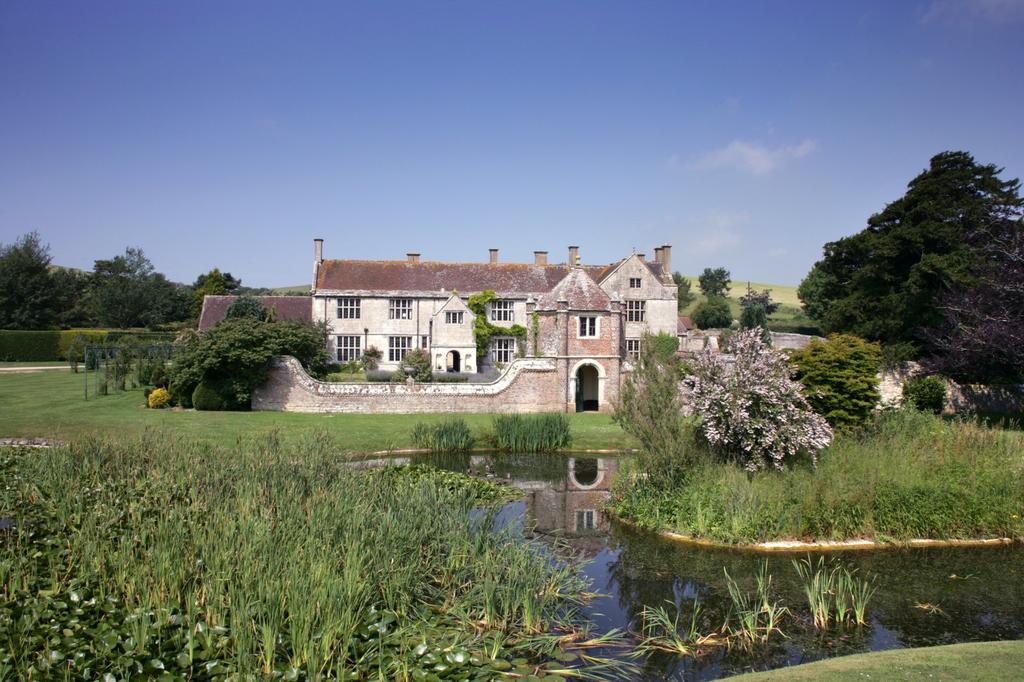
Poxwell Manor stands in 10 acres of beautifully landscaped gardens and grounds that include an exquisitely planted walled garden, two small lakes, a stream and paddocks, all surrounded by farmland within the south Dorset AONB.
It comes with a three-bedroom cottage, a range of traditional barns and outbuildings, a swimming pool, a former tennis court, a helipad and a helicopter hangar.
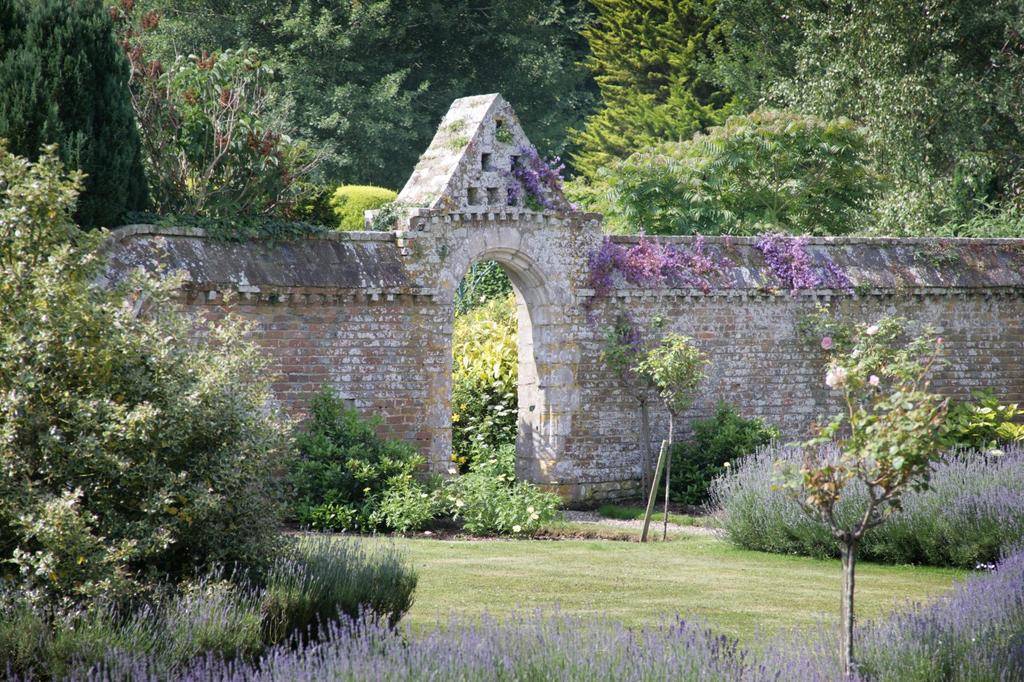
It was, in fact, built in the early 1600s (not 1654) by John Henning, a merchant from Poole, whose son became Sheriff of Dorset in 1609. Treves goes on to describe Poxwell Manor’s distinctive Carolean gatehouse, built in 1634, as ‘this queer little guardroom [which] has a pointed roof of red tiles toned down by yellow lichen and an abundance of ivy’.
Sign up for the Country Life Newsletter
Exquisite houses, the beauty of Nature, and how to get the most from your life, straight to your inbox.
The manor was owned by the Hennings until 1695, when it passed by marriage to the Trenchards of Lytchett Matravers, in whose hands it remained until its sale in 1977.
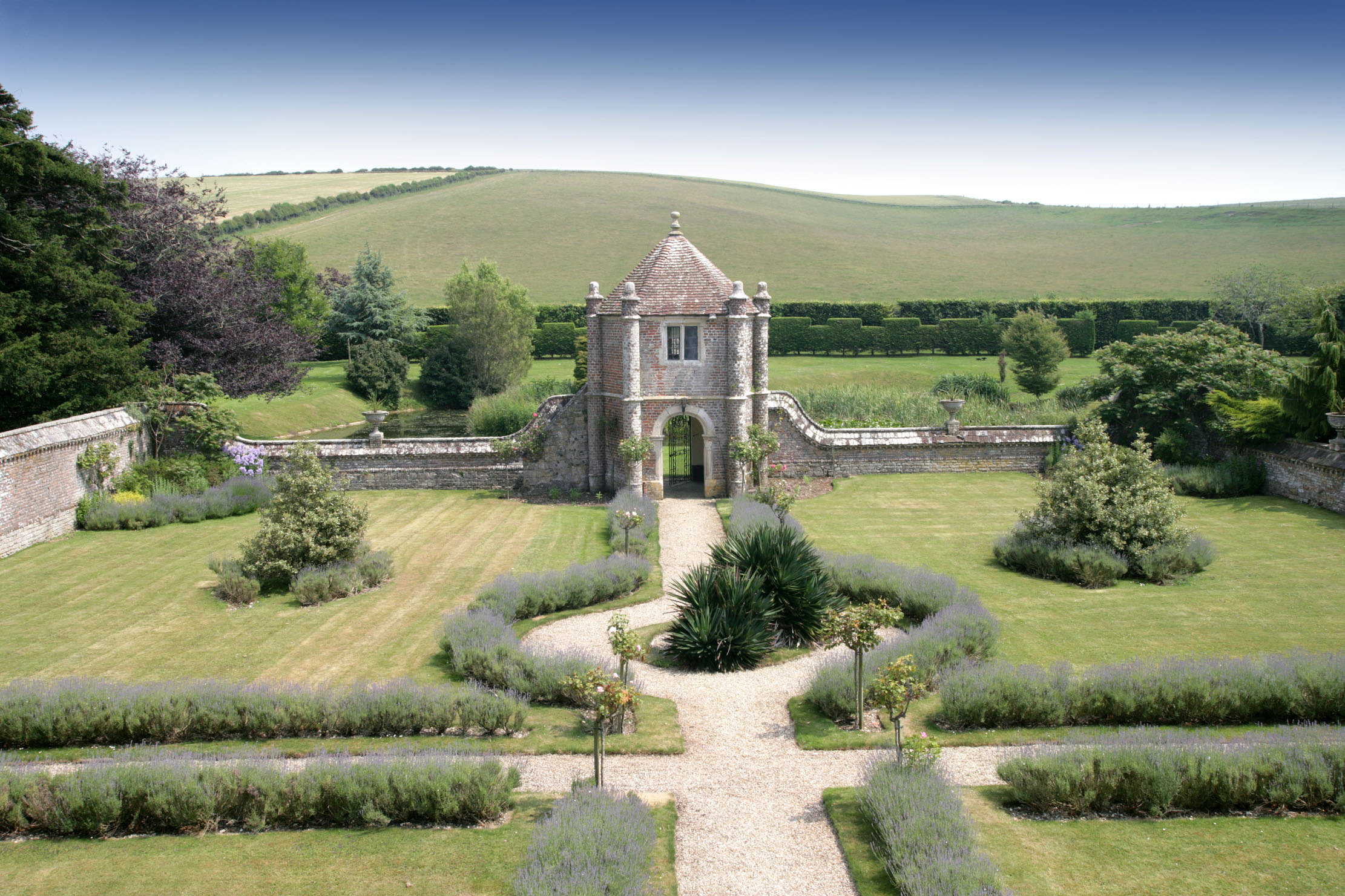
In the late 1700s, George III is said to have visited the house on several occasions when reviewing his navy at Weymouth. By the time of Treves’s visit, however, Poxwell Manor had evidently been reduced to the status of a simple farmhouse, as the references to ‘an abundance of ivy’, ‘bright moss’ and ‘lichen’ suggest. It nonetheless inspired the writer’s lifelong friend, Thomas Hardy, to use it as the model for crumbling Oxwell Hall in his novel The Trumpet Major (1880).
The glory days returned when its present owner, businessman Peter Bolton, bought Poxwell Manor in 1977, having fallen in love with the house that ‘nestled in what looked like a big open field’. He went on to develop the parkland that exists today, adding a lake, planting woodland and laying out formal gardens.
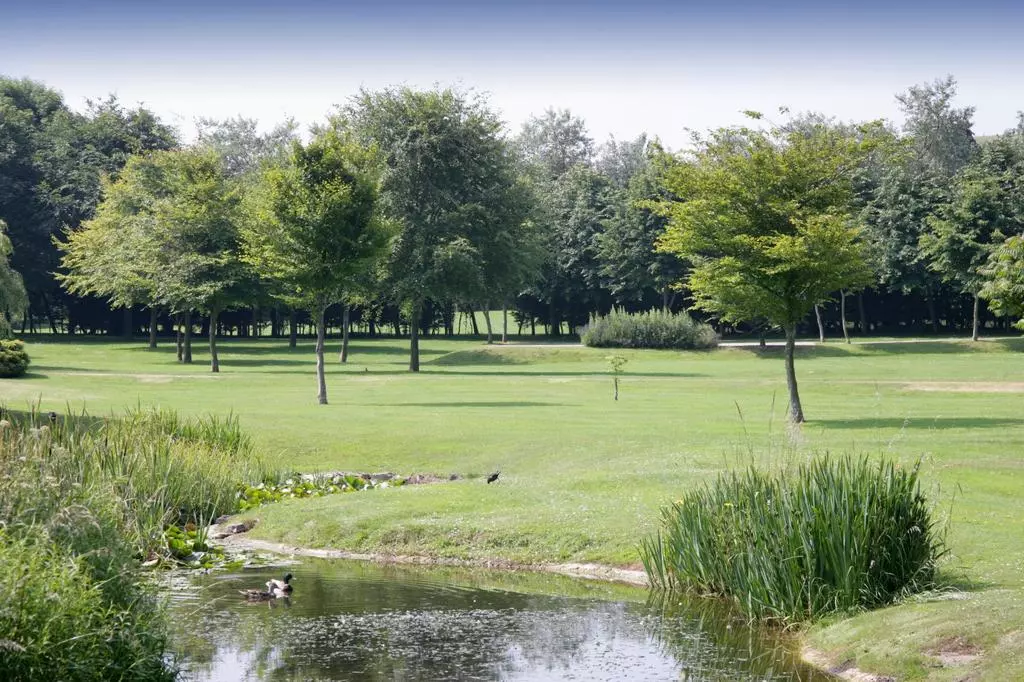
In 1986, Mr Bolton sold the manor and moved to nearby Whitcombe, where he trained a string of racehorses, including the 1992 Cheltenham Gold Cup winner Cool Ground. Six years later, in 1998, having heard on the local grapevine that Poxwell Manor was coming back onto the market, he swiftly moved to seal a deal, signing the contract within 48 hours. Even now, as he plans to downsize and move closer to town, Mr Bolton considers himself lucky to have enjoyed this special house for extended periods, not once, but twice in the past 45 years.
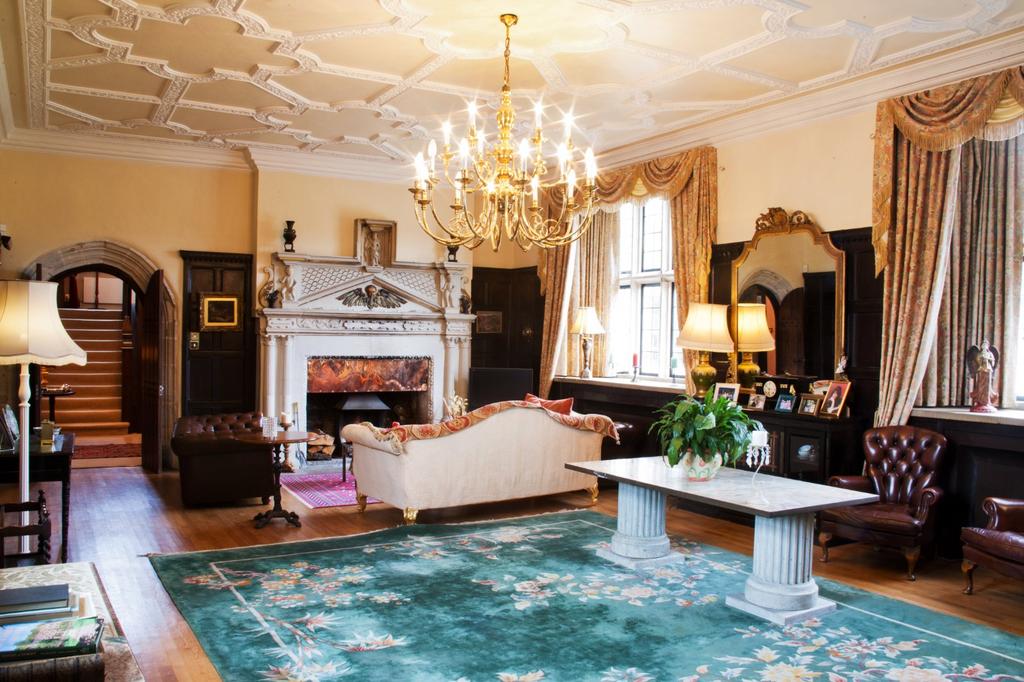
During those periods, he undertook a vast amount of remedial and restorative work to the historic, 10,260sq ft house, which boasts a wealth of period features, including wood panelling, original fireplaces, stone and wooden floors and leaded mullion windows, with well-proportioned accommodation on two floors, including an entrance hall, a magnificent trio of reception rooms comprising a great hall, a 30ft-long dining room and a library, a kitchen/breakfast room, nine bedrooms, two dressing rooms, seven bathrooms and attics.
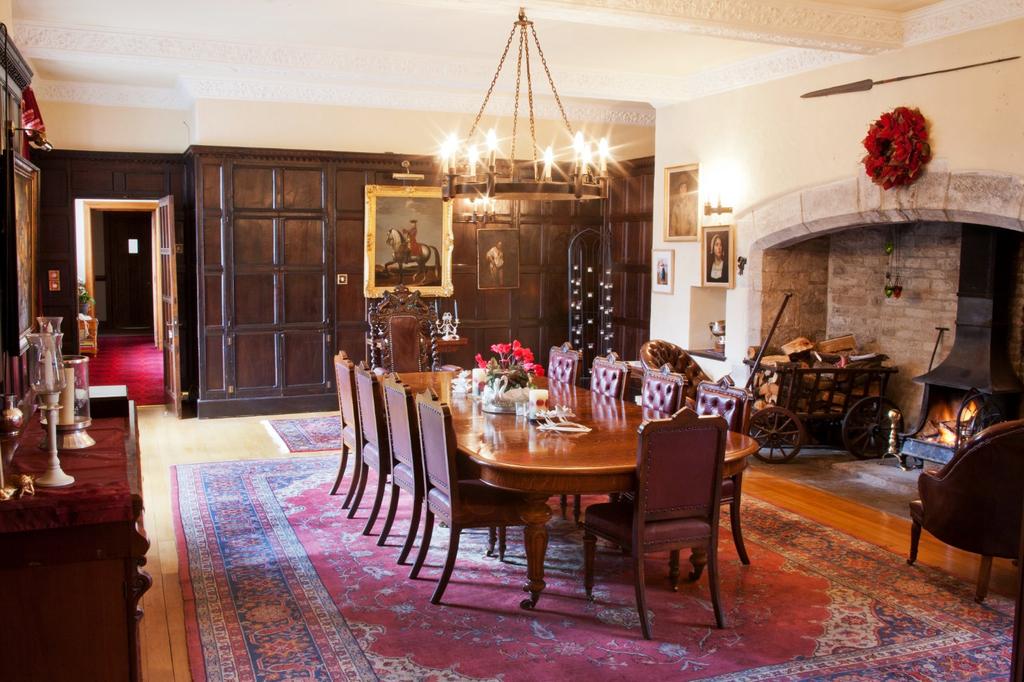
Poxwell Manor is for sale through Strutt & Parker at a guide price of £3.75 million. See more pictures or request further details from the agent.
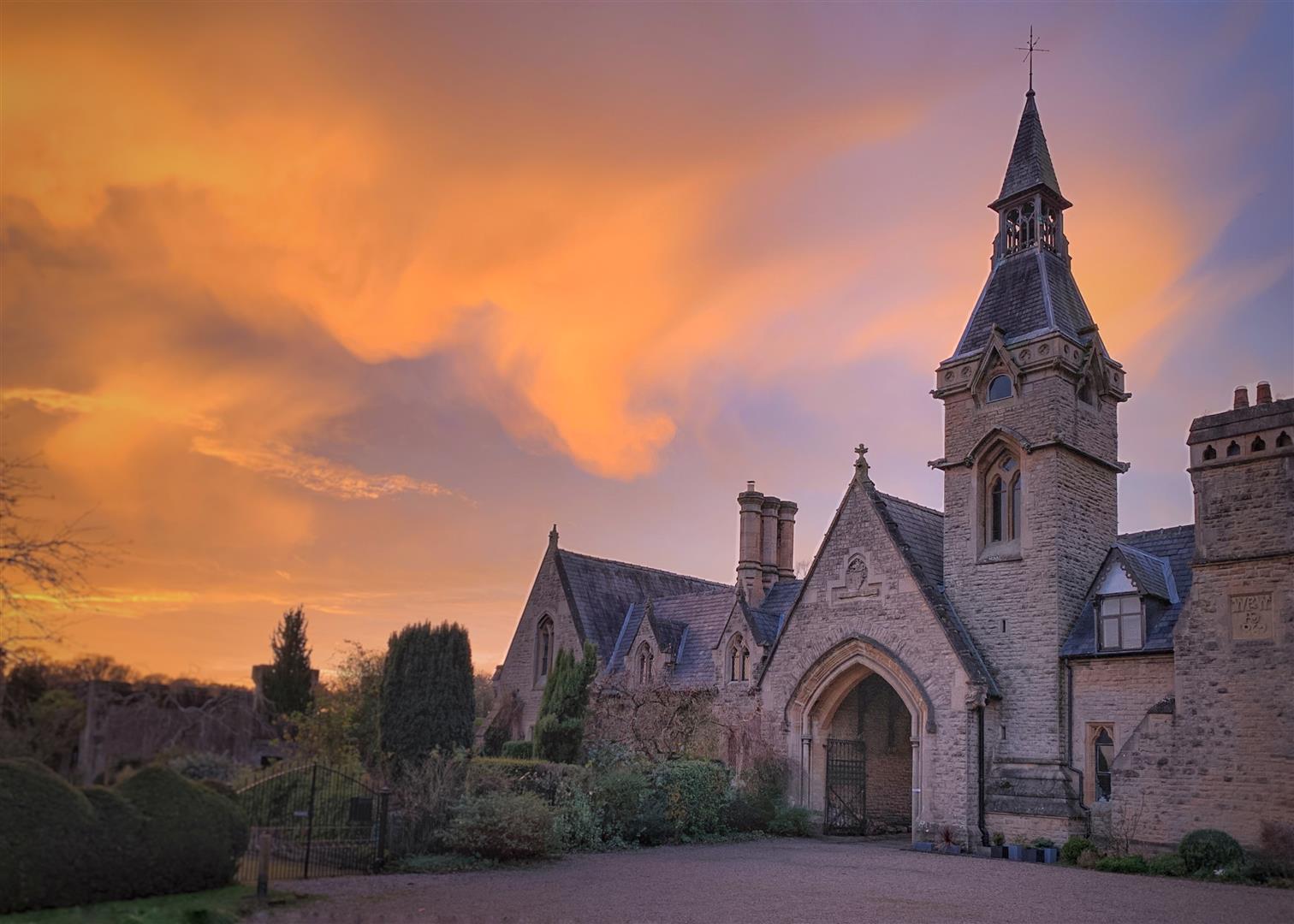
Credit: Gascoines
A picturesque Nottinghamshire cottage in the grounds of Lord Byron's family home
The Archway, in Newstead, Nottinghamshire, combines period details with magnificent views and an extraordinary setting on the estate that was
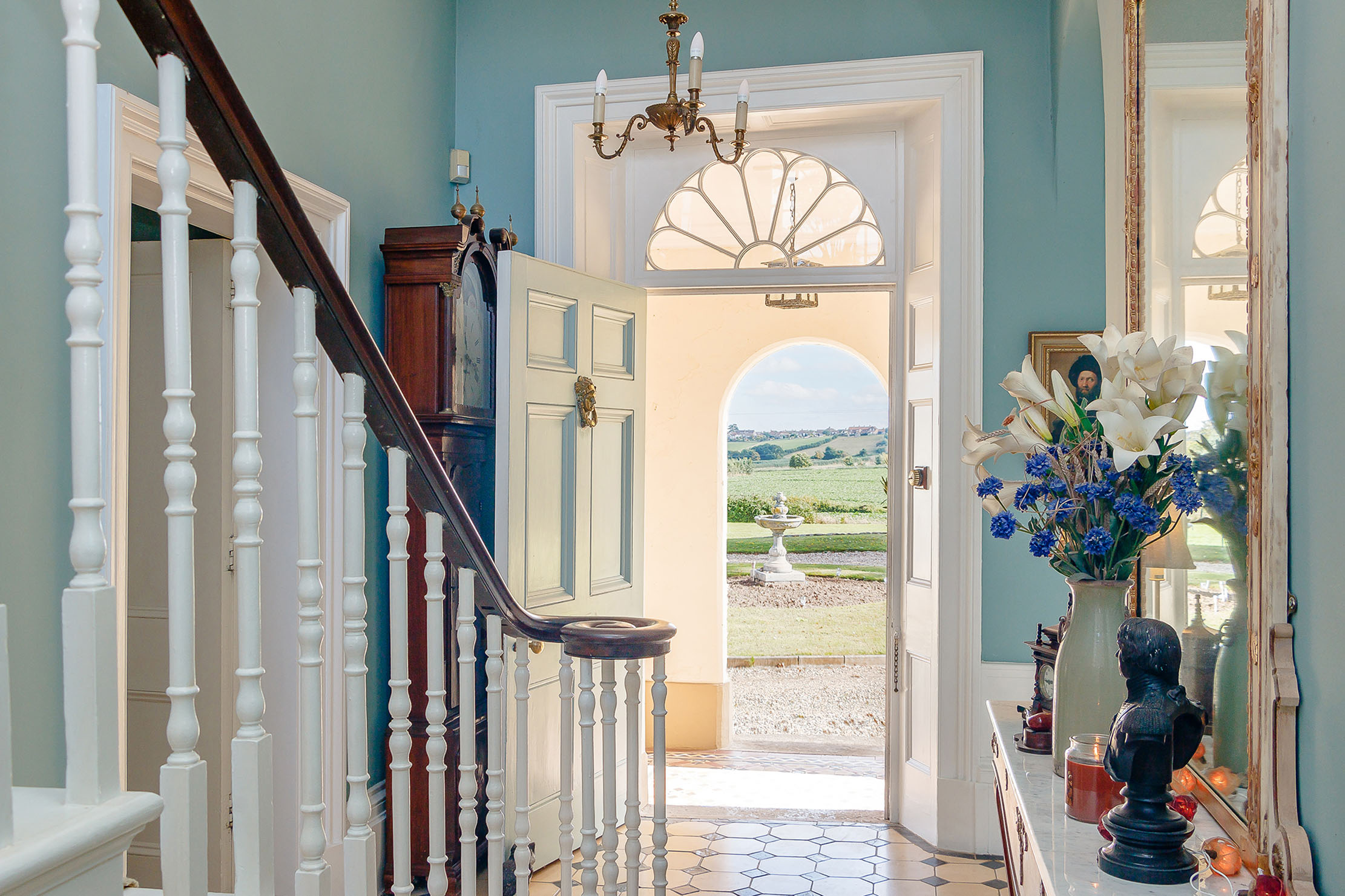
Credit: Hamptons
A sumptuous Somerset house with enviable views of rolling countryside
Woolmersdon House is a Grade II listed Georgian property set in seven acres of formal grounds and paddocks.
-
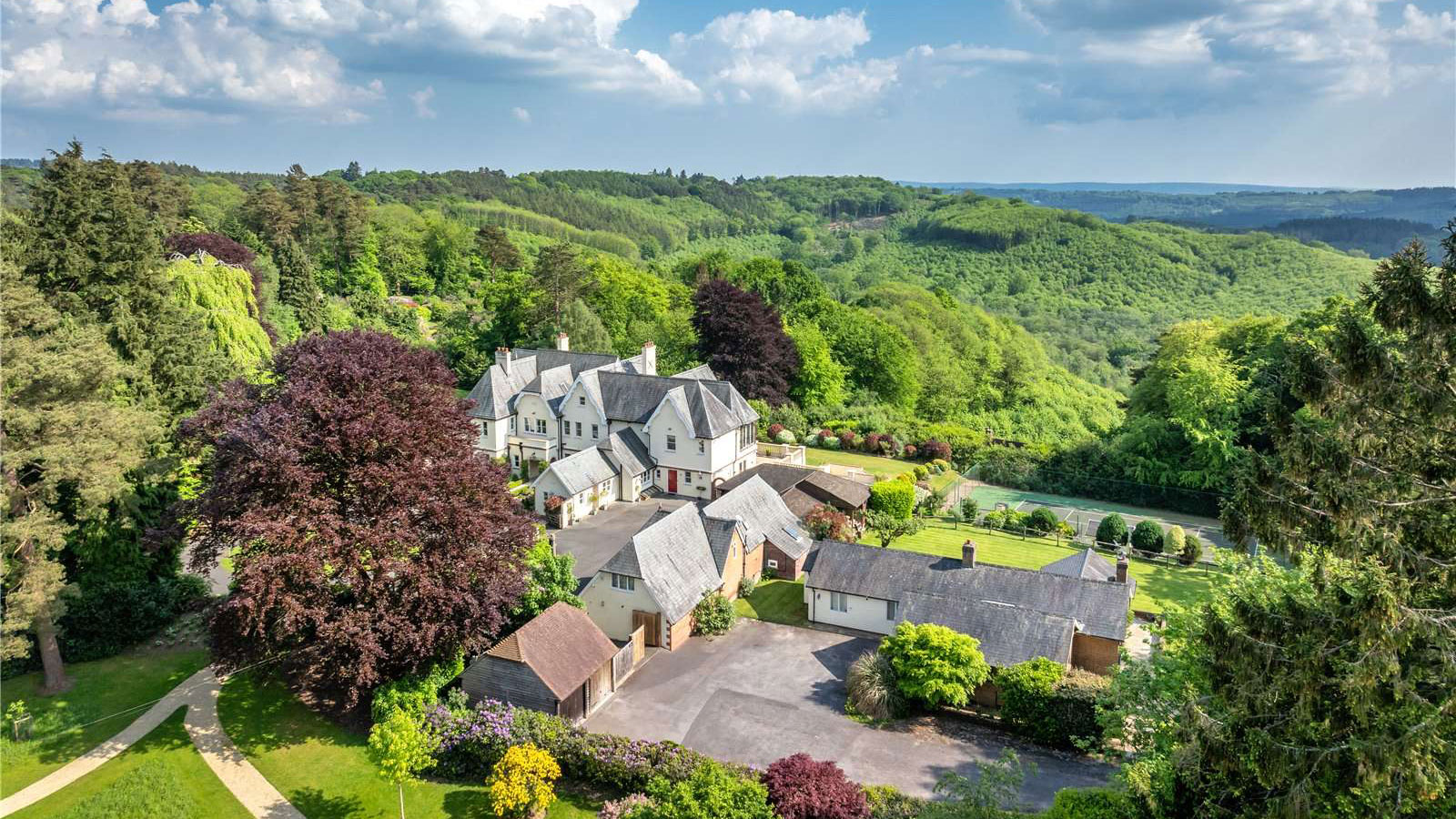 Six rural properties with space, charm and endless views, as seen in Country Life
Six rural properties with space, charm and endless views, as seen in Country LifeWe take a look at some of the best houses to come to the market via Country Life in the past week.
By Toby Keel Published
-
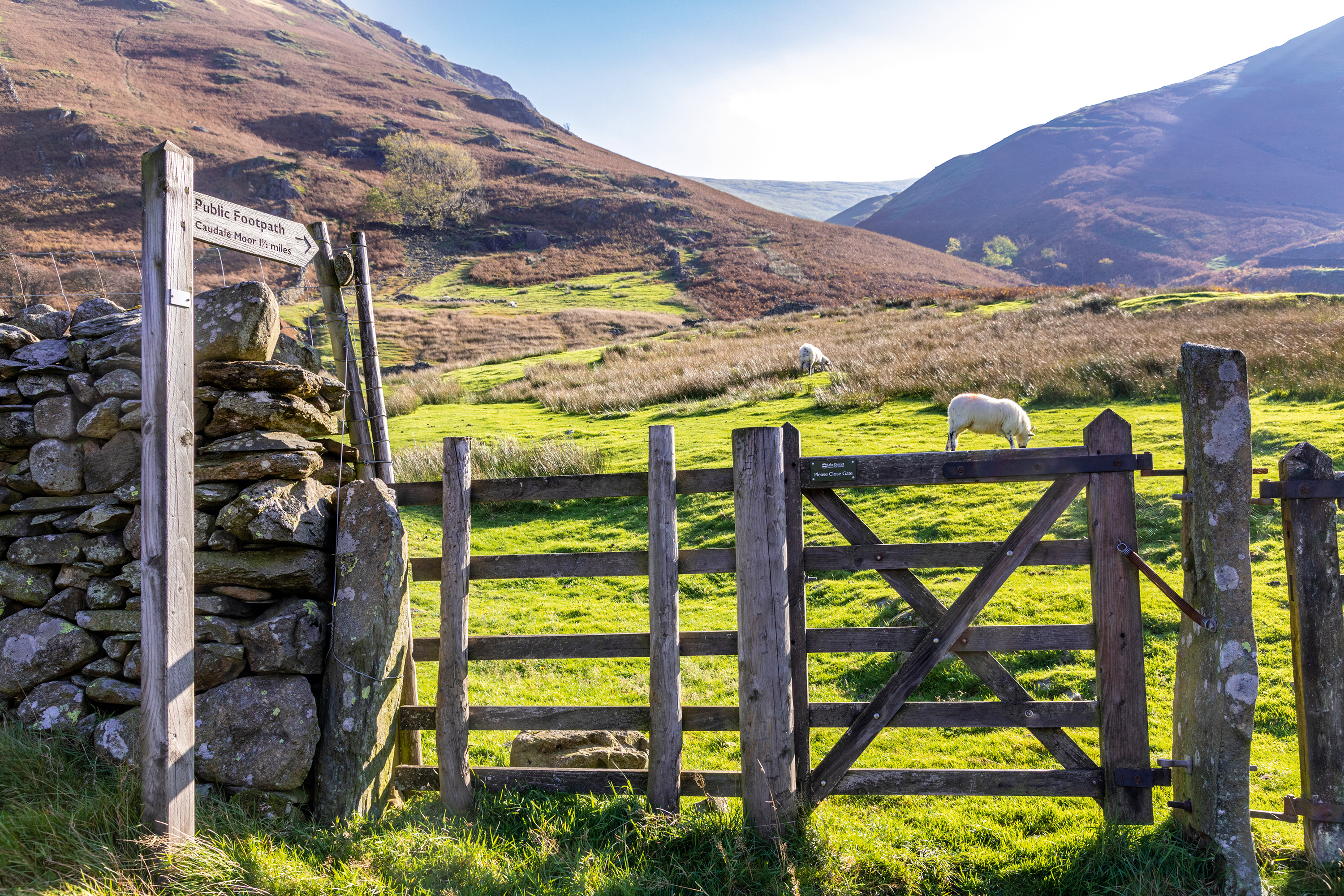 Exploring the countryside is essential for our wellbeing, but Right to Roam is going backwards
Exploring the countryside is essential for our wellbeing, but Right to Roam is going backwardsCampaigners in England often point to Scotland as an example of how brilliantly Right to Roam works, but it's not all it's cracked up to be, says Patrick Galbraith.
By Patrick Galbraith Published
-
 Six rural properties with space, charm and endless views, as seen in Country Life
Six rural properties with space, charm and endless views, as seen in Country LifeWe take a look at some of the best houses to come to the market via Country Life in the past week.
By Toby Keel Published
-
 380 acres and 90 bedrooms on the £25m private island being sold by one of Britain's top music producers
380 acres and 90 bedrooms on the £25m private island being sold by one of Britain's top music producersStormzy, Rihanna and the Rolling Stones are just a part of the story at Osea Island, a dot on the map in the seas off Essex.
By Lotte Brundle Published
-
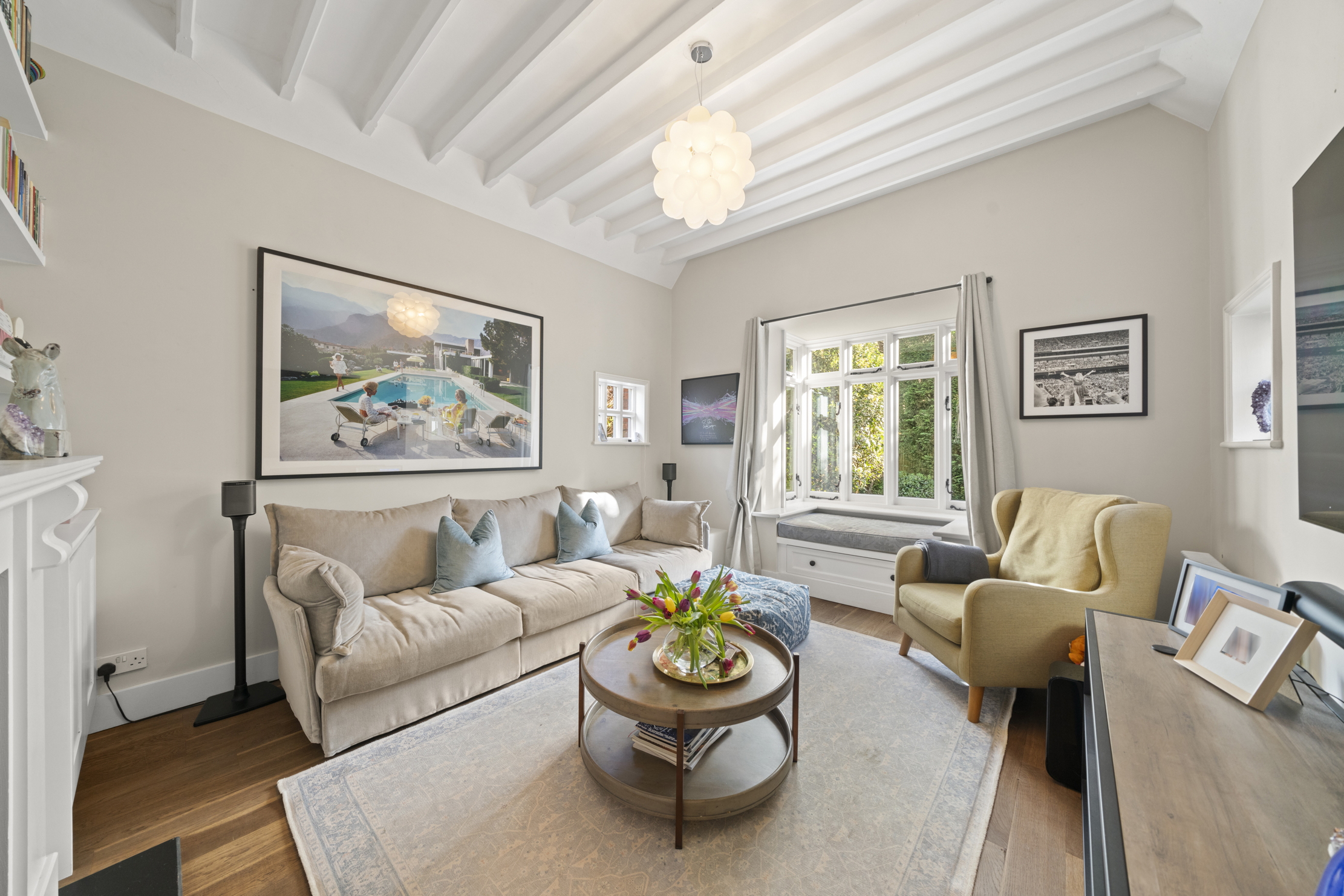 A home cinema, tasteful interiors and 65 acres of private parkland hidden in an unassuming lodge in Kent
A home cinema, tasteful interiors and 65 acres of private parkland hidden in an unassuming lodge in KentNorth Lodge near Tonbridge may seem relatively simple, but there is a lot more than what meets the eye.
By James Fisher Published
-
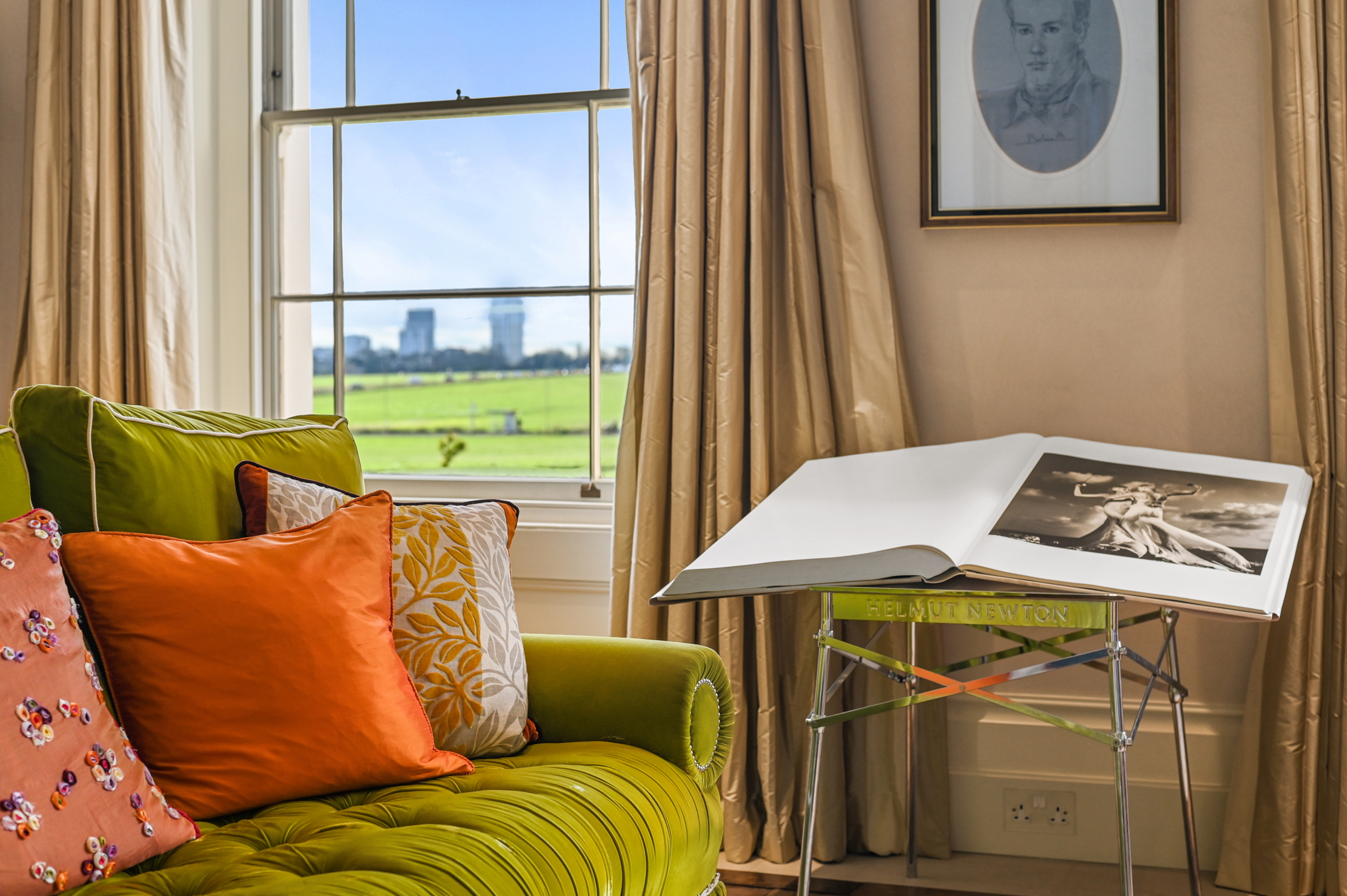 A rare opportunity to own a family home on Vanbrugh Terrace, one of London's finest streets
A rare opportunity to own a family home on Vanbrugh Terrace, one of London's finest streetsThis six-bedroom Victorian home sits right on the start line of the London Marathon, with easy access to Blackheath and Greenwich Park.
By James Fisher Published
-
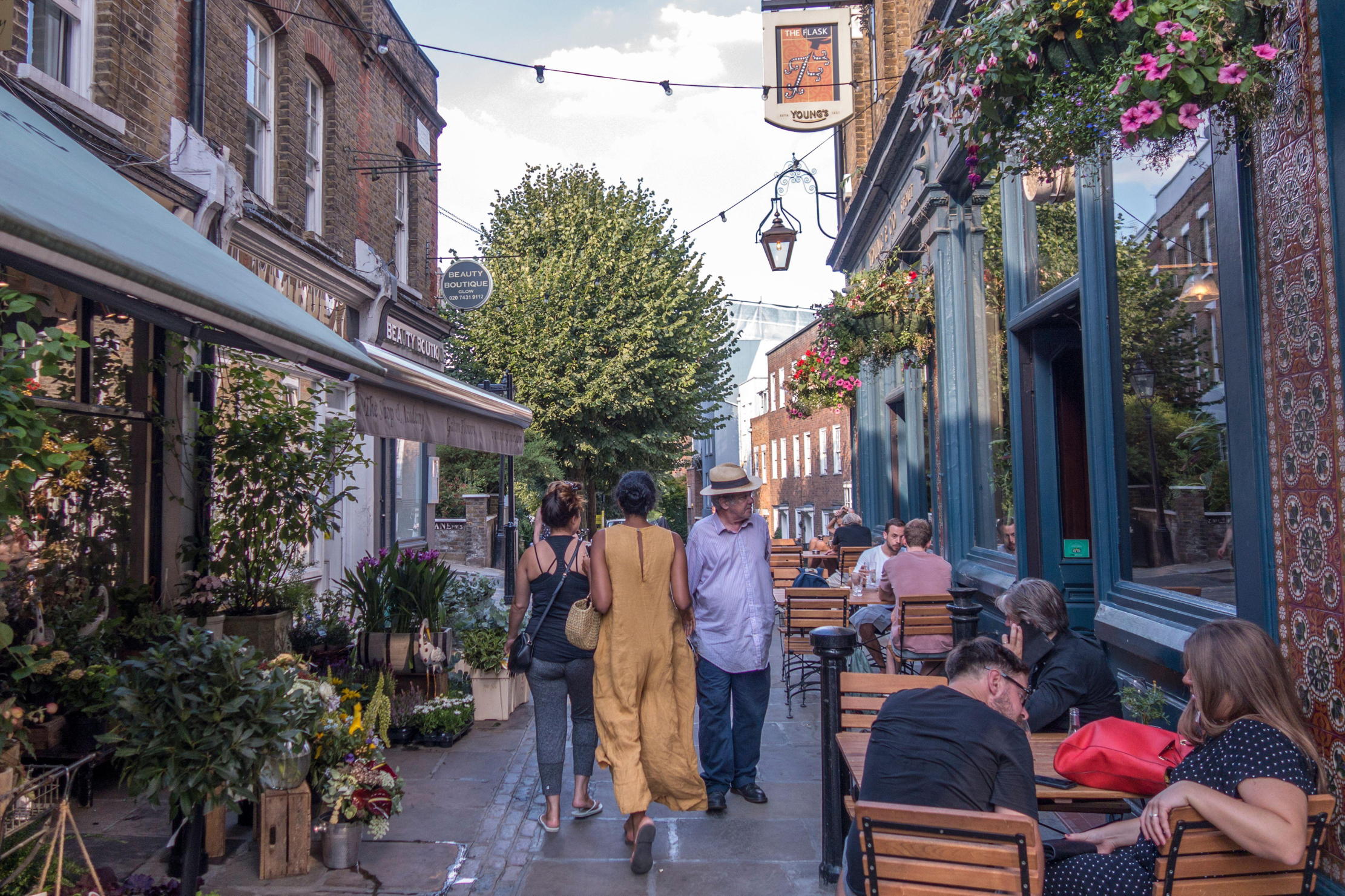 A tale of everyday life as lived on Britain's most expensive street
A tale of everyday life as lived on Britain's most expensive streetWinnington Road in Hampstead has an average house price of £11.9 million. But what's it really like? Lotte Brundle went to find out.
By Lotte Brundle Last updated
-
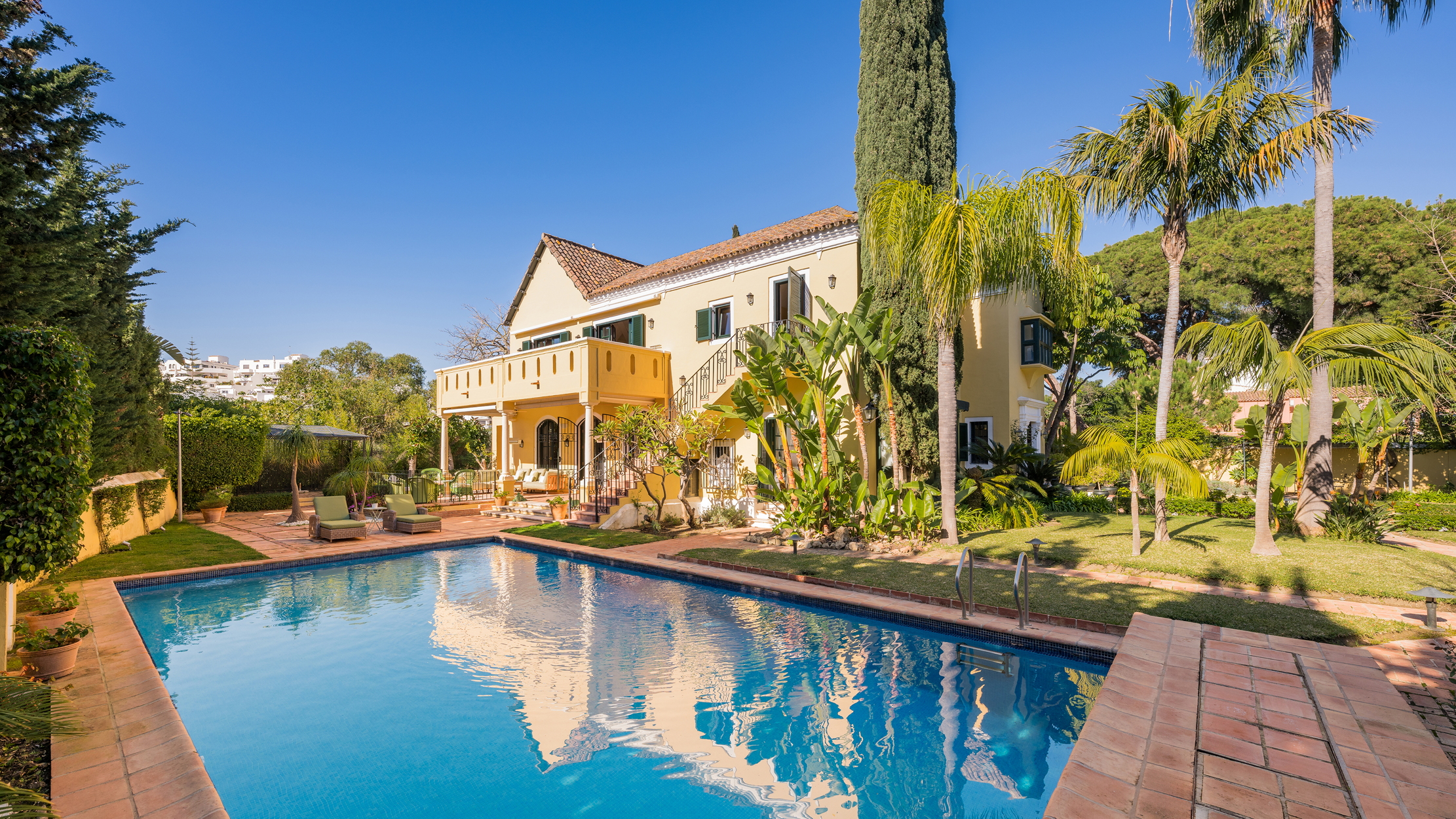 Damon Hill's former home in Marbella is the perfect place to slow down
Damon Hill's former home in Marbella is the perfect place to slow downThe glorious Andalusian-style villa is found within the Lomas de Marbella Club and just a short walk from the beach.
By James Fisher Published
-
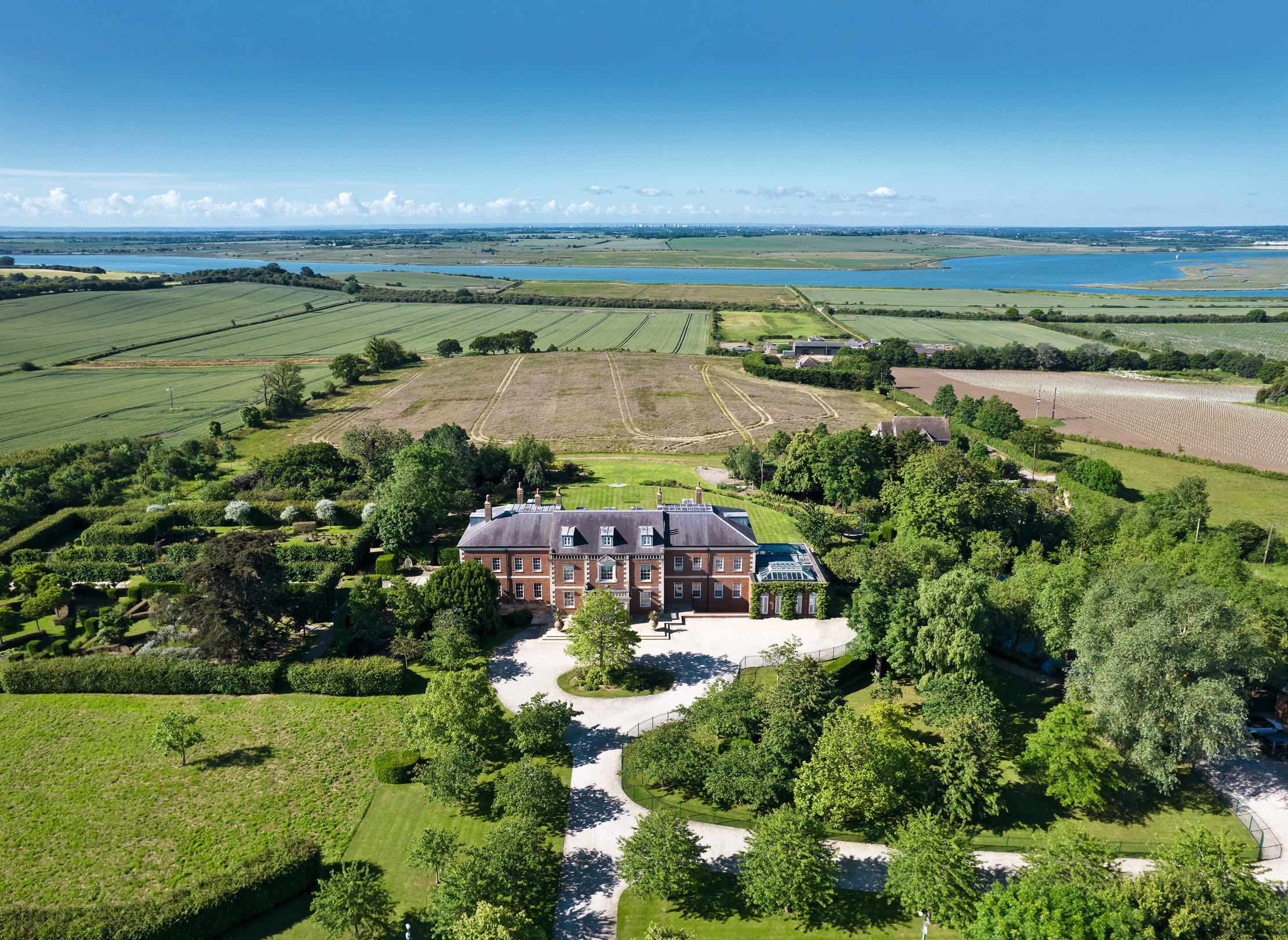 A 327-acre estate in the heart of 'England’s Côte d’Or', with a 26,000sq ft Georgian style home at its heart
A 327-acre estate in the heart of 'England’s Côte d’Or', with a 26,000sq ft Georgian style home at its heartStokes Hall in the Crouch Valley is an inspiring property looking for a new owner.
By Penny Churchill Published
-
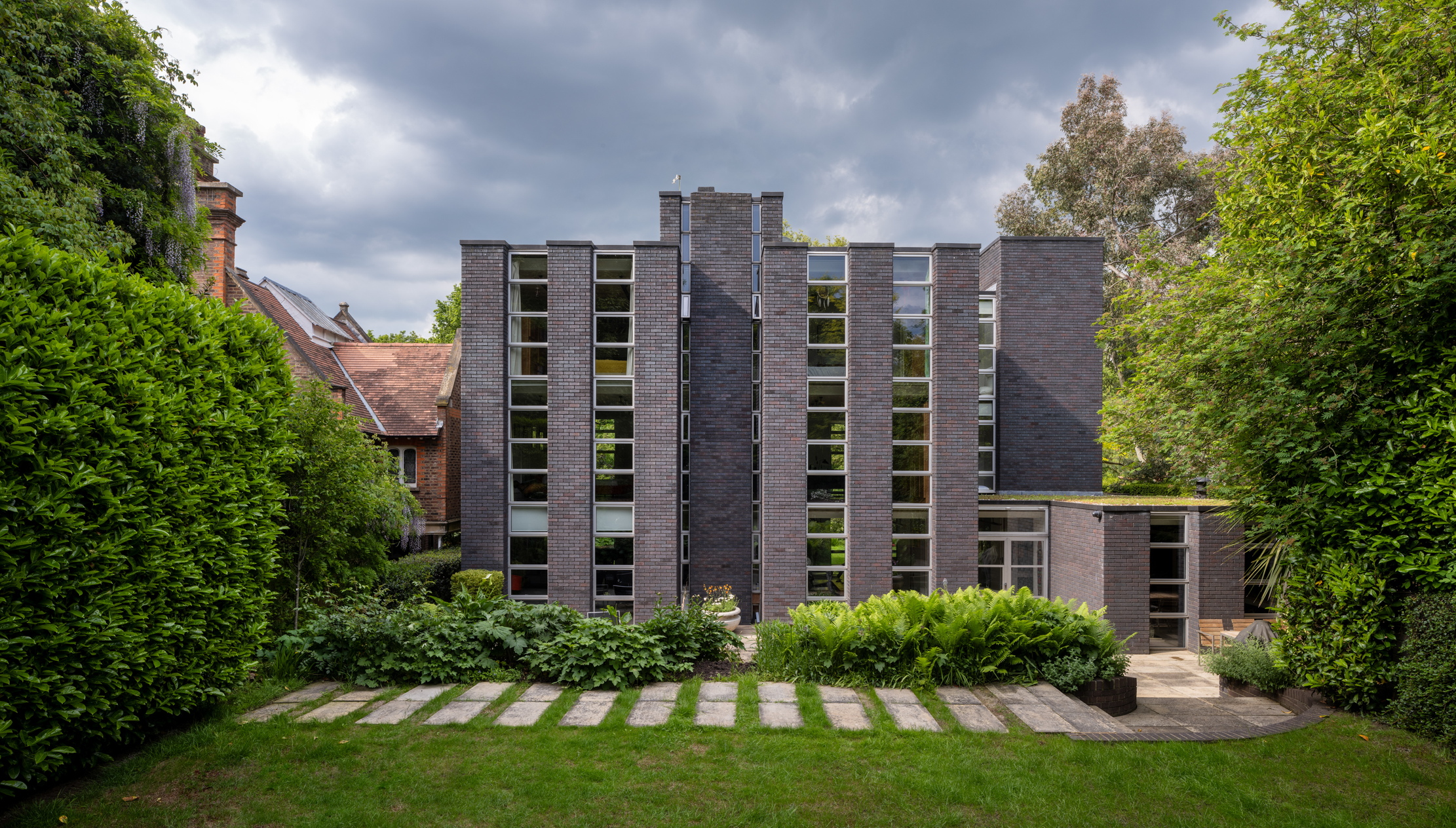 Schreiber House, 'the most significant London townhouse of the second half of the 20th century', is up for sale
Schreiber House, 'the most significant London townhouse of the second half of the 20th century', is up for saleThe five-bedroom Modernist masterpiece sits on the edge of Hampstead Heath.
By Lotte Brundle Published
